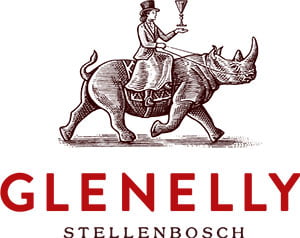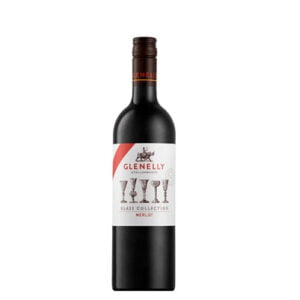WEATHER CONDITIONS – Simonsberg, Stellenbosch
Winter was warmer and drier than usual. Coupled with a warm and dry spring, budbreak generally occurred around a week earlier. Moderate and dry conditions persisted until two days of thunderstorms in the first week of December led to more than a 120mm of rainfall. The late, unseasonal, rain and thunder caused a massive surge in vegetative growth which necessitated additional canopy management. The late surge in growth also slowed veraison and ripening down in the earlier varieties, resulting in a later than normal start to harvest. Moderate and dry conditions throughout January and most of February created perfect conditions for ripening, especially for our early varieties like Chardonnay, Merlot and Cabernet Franc. Almost weekly rain fell from the last week of February until the end of harvest, creating very challenging conditions for the rest of harvest. The team had to be adaptable to changing conditions and a lot of time was spent in the vineyard evaluating the ripeness and condition of the grapes. Thus it was very much a season of two halves – before the rain and after the rain. The vintage saw one of the smallest crops in a decade.
WINEMAKING
The grapes undergo gentle, whole bunch pressing at low pressure to achieve a lighter colour. The juice is naturally settled overnight, without the use of enzymes. The juice is then transferred to a stainless-steel tank where spontaneous fermentation (wild ferment) occurs between 16 and 19 ºC. The wine is left on it’s fermentation lees for at least 6 months prior to racking and undergoes malolactic fermentation, adding to the mouthfeel of the wine. Notably, there is no addition of sulphur at any stage of the process, instead a small addition of tannin is used to provide oxidative stability.
GRAPE VARIETIES : 100% Syrah
PRODUCTION : 900 cases – 5,400 bottles
ANALYSIS : Alcohol: 13.57 % Vol. Total Acidity: 4.9 g/L pH: 3,52 Residual Sugar: 3.1 g/L
Le Rosé De May 2023 Tasting Notes





